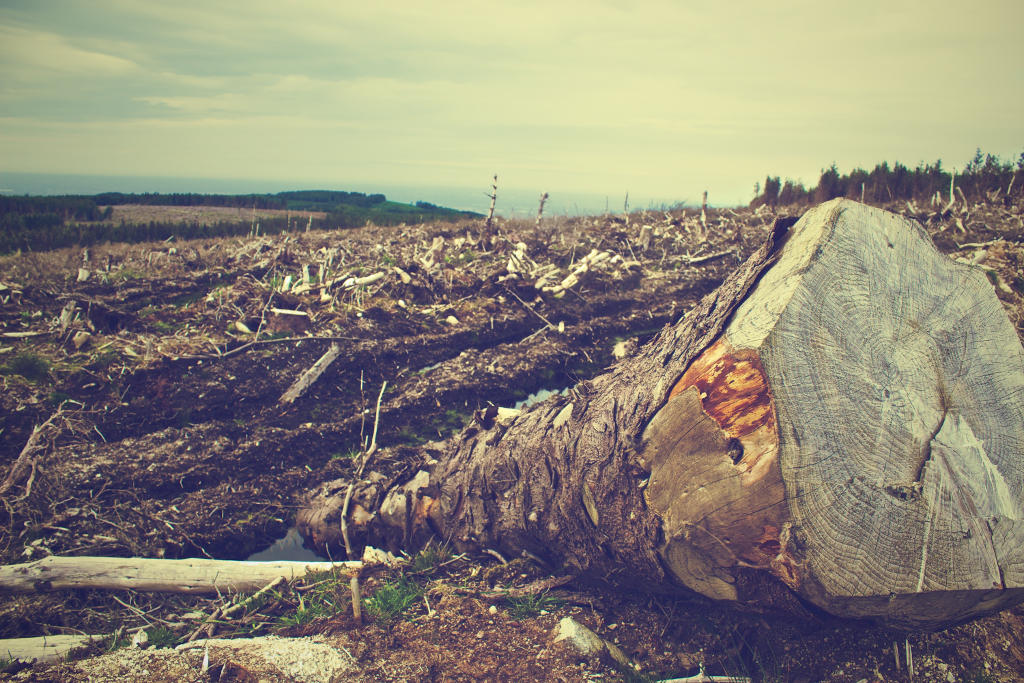
Forests are vital to our society. In the EU, forests make up around 38% of the total land area. They are important carbon sinks as they eliminate around 10% of EU greenhouse gases. Efforts to conserve them are a key part of EU climate targets. However, the increasing demand for forest products poses challenges for sustainable forest management.
According to a report recently published in the renowned science magazine Nature, the EU’s deforested area has increased by 49% and with it the loss of biomass (69%). This is due to large-scale deforestation, which reduces the continent’s carbon absorption capacity and accelerates climate change.
The analyzed a series of very detailed satellite data. The authors of the report show that deforestation occurred primarily on the Iberian Peninsula, the Baltic States, and Scandinavia. Deforestation of forest areas increased by 49% between 2016 and 2018. Satellite images also show that the average area of harvested land across Europe has increased by 34 percent, with potential implications for biodiversity, soil erosion and water regulation.
The accelerating deforestation could thwart the EU’s strategy to combat climate change, which aims in particular to protect forests in the coming years, the experts warn in their study. For this reason, the increasing use of forests is challenging to maintain the existing balance between the demand for wood and the need to preserve these key ecosystems for the environment. Typically, industries such as bioenergy or the paper industry are the driving forces behind deforestation.
The greatest acceleration in deforestation was recorded in Sweden and Finland. In these two countries, more than 50% of the increase in deforestation in Europe has been recorded. Next in line are Spain, Poland, France, Latvia, Portugal and Estonia, which together account for six to 30% of the increase, the study said.
Experts suggest linking deforestation and carbon emissions in model calculations before setting new climate targets. The increase in forest harvest is the result of the recent expansion of global wood markets, as evidenced by economic indicators for forestry, timber bioenergy and international trade. If such a high forest harvest continues, the EU’s vision of forest-based mitigation after 2020 could be compromised. The additional carbon losses from forests would require additional emission reductions in other sectors to achieve climate neutrality.
At Frontis Energy, we find the competition between bioenergy and this important carbon sink particularly disturbing, as both are strategies to mitigate global warming.
(Photo: Picography / Pixabay)




